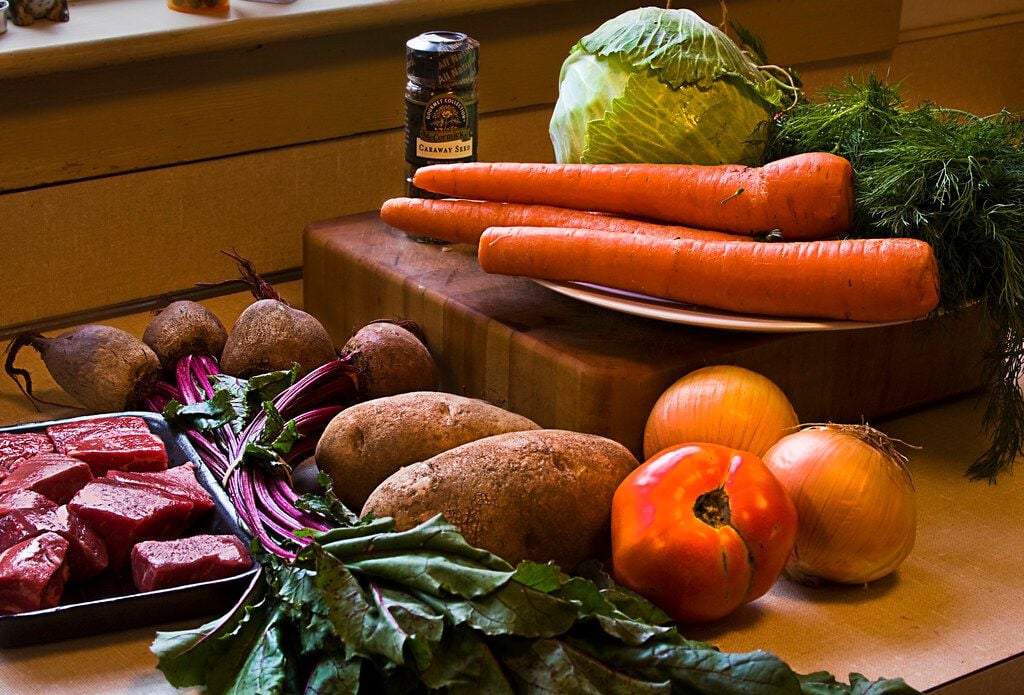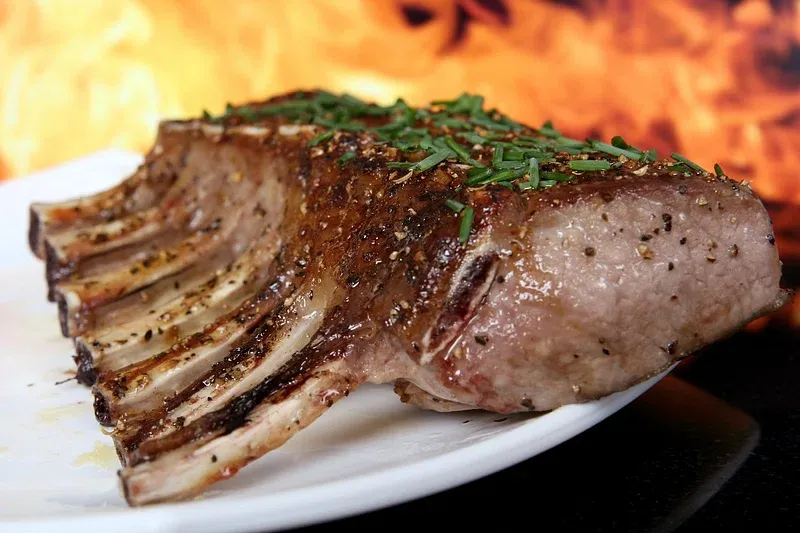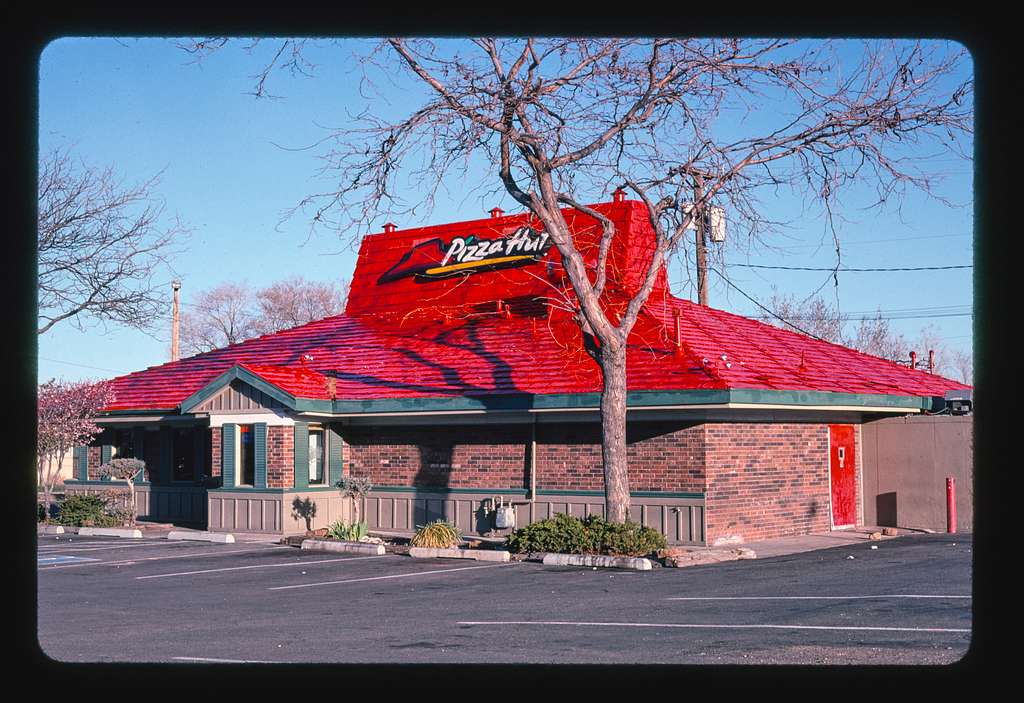
"Wagyu Wonder: The Story Behind the $8 Steakhouse Burger"
- Dec 10, 2023
Remember the story about a fast-food chain selling an $8 "Wagyu Steakhouse Burger" in 2022? The low price certainly raised eyebrows, given that a quality slice of Wagyu beef costs between $200 and $400. The magical mix behind this price drop? That would be "52% American Wagyu and 48% ground beef". Even though some palate pros have voiced concerns about taste, the idea alone has caused predictions for a boom in the U.S. Wagyu industry.
Robert Williams, executive director of the American Wagyu Association, which handles the registration of Wagyu cattle, disclosed the doubling of their membership in the last four years alone. The word "Wagyu" translates to Japanese cow in English, and it's associated with a particular breed of Japanese horned cows, recognized by their red or black coat. To qualify as Wagyu, the beef should originate from four exclusive breeds – Japanese Black, Japanese Brown, Japanese Polled, or Japanese Shorthorn.
Initially, the endurance of these cattle, fit for manual labor, was their primary appeal. However, their reputation for having excessive intramuscular fat cells and yielding highly-marbled cuts gradually stole the spotlight. Historical evidence suggests these breed's selective breeding for meat began as far back as 35,000 years ago.
What sets Wagyu beef apart is its intricate fat marbling, which, when seared, translates to a "unique, meltaway texture," as per product-testing site Reviewed. Describing her experience with Crowd Cow's Japanese A5 Wagyu, Reviewed's Kalina Newman noted, "I walked away feeling as if I had experienced something truly special."
Given the unique flavor, texture, and the arduous breeding process, Wagyu beef holds a premium price tag. The "Black Gold Burger" offered at the Post Oak Hotel in Houston is a fitting example – the $1,600 meal consists of sixteen ounces of Japanese Wagyu served on a caviar-infused black and 24-carat gold brioche bun.
While Wagyu cattle breed in the U.S., imported Japanese Wagyu is still excessively in demand. As per the American Wagyu Association, the meticulous regulations and genetic selection of Wagyu beef production have a say in the hefty price. Speaking of selling prices, a Wagyu cow may fetch up to $30,000, as reported by Business Insider.
Raising Wagyu cattle involves a prolonged, stress-free period to increase their intramuscular fat content and marbling on the cuts, explains Williams. Differentiating the fat content, Williams states that while most prime beef content revolves around 12-13% fat, Wagyu beef from crossbred F1 cattle measures 20% or more. Beef coming from a purebred or full-blood cow can be between 30% and 50% fat, translating to a more profound flavor.
The majority of Wagyu beef is imported from Japan. However, a domestic market is emerging in the U.S., largely feeding on the products of crossbreeding Japanese cattle with American Angus and Holstein. The first four Wagyu bulls were imported to America in 1975 to breed halfbreed cattle. The booming industry currently focuses on full-blood, purebred, and percentage Wagyu.
According to Williams, the American Wagyu Association books full-blood, purebred (at least 93.75% Wagyu), and percentage Wagyu. Full-blood makes up 71% of their registered cattle, and their members are spread across the country but highly concentrated in Texas.






